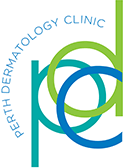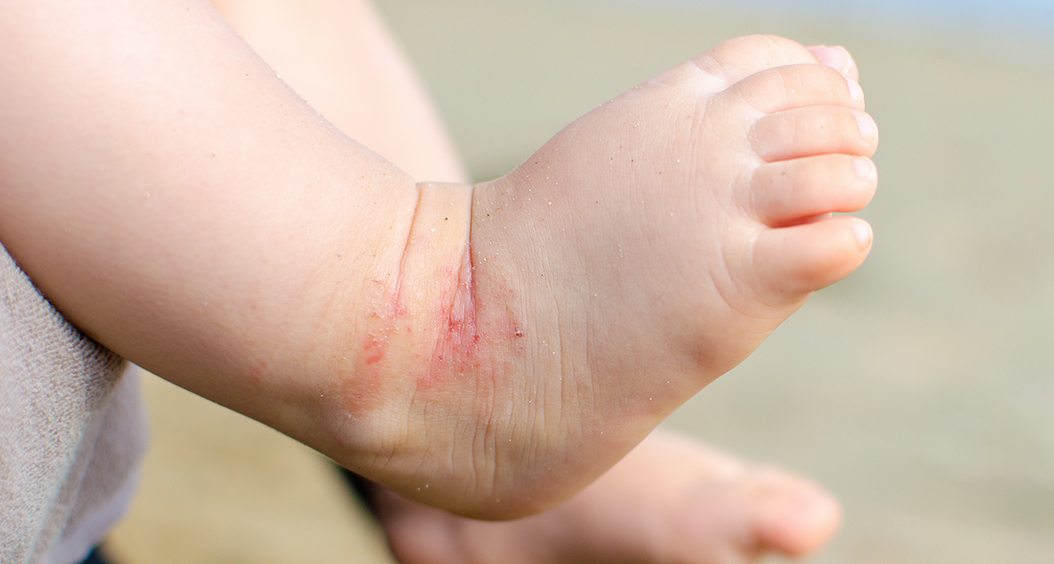Eczema (dermatitis) is very common, affecting up to 30% of children and 10% of adults.
Most childhood eczema is ‘atopic or endogenous’ (internal cause) which means it is predominantly due to a genetic defect in skin barrier function and also immune-mediated inflammation, causing dry and vulnerable skin prone to an itchy rash. Atopic eczema can also affect adults.
There is also ‘exogenous’ (external cause) eczema due to allergy or irritation from an external source that has come into contact with the skin, which may occur in both adults and children. The most common cause of irritant eczema is water from frequent hand washing or washing dishes. Common allergens causing eczema include nickel, preservatives in creams and lotions, fragrances in perfume and chromate in cement and tanned leather shoes.
Firstly, treatment of eczema involves providing moisture and nourishment to the skin and minimising or avoiding contact with known allergens or irritants as best possible. This may involve using a quality body wash and moisturiser that will help nourish eczema prone skin daily. Also being aware of the external triggers that make eczema worse and avoiding or protecting against these encounters (eg wearing cotton lined dish washing gloves) is helpful. Contact allergy patch testing performed at Perth Dermatology Clinic may be useful in identifying these external triggers, and your dermatologist will advise if this is appropriate for your presentation.
Secondly, specific treatment of eczema is also required. Topical steroids are the mainstay of treatment for eczema and our dermatologists provide expert advise on how to safely and effectively use this treatment. Phototherapy is another useful treatment for eczema and is available on-site and is bulk-billed at no cost to the patient. For difficult to control eczema, the biologic agent dupilumab or other immunosuppressive therapies may be required, and should be used as directed by your dermatologist.
Eczema can be effectively controlled with practical advice and treatment provided by your dermatologist at Perth Dermatology Clinic.





